
If your first few trips to the nursery can be overwhelming and chaotic, check out our plant recommendations for spring color in your region. There’s no doubt that these spring flowers will cure the winter blues.
1. Japanese kerria
Kerria japonica and cvs.
Zones: 4–9
Size: 5 feet tall and 6 feet wide
Conditions: Full sun to full shade; moist, well-drained, slightly acidic soil
Native range: Japan and China
Few shrubs are dependable no matter the sunlight conditions, but Japanese kerria works well on all sides of a house, even under tall trees. This is one of my go-to plants in partial shade, where it grows best. It is a tough, dependable bloomer with abundant golden yellow spring flowers that will sometimes rebloom. Deer don’t like it, and it attracts butterflies and hummingbirds. It blooms on old and new wood and has bright green stems in winter. Use it as a specimen, a natural hedge, a screen, or in woodland borders. ‘Golden Guinea’ and ‘Pleniflora’ (pictured) are the best available cultivars.
2. Variegated Dalmatian iris
Iris pallida ‘Variegata’
Zones: 4–9
Size: 2 to 3 feet tall and 1½ to 2 feet wide
Conditions: Full sun to partial shade; well-drained, humusy soil but tolerates clay
Native range: Dalmatia region of Croatia
What’s not to like about this beautiful iris? The flowers treat your nose to the scent of grape bubble gum, and the foliage and flowers treat your eyes to something special. This is not just another filler plant but is a real standout in the landscape, noticeable from great distances. It has a really tough, but not bullying, demeanor, and it comes with few problems. Use it in a hell strip or as an exclamation point in a mixed bed. This is a very old garden plant that seems to be coming back in popularity. It is a low-maintenance, drought-tolerant, eye-catching performer.
3. ‘Yaku Prince’ rhododendron
Rhododendron ‘Yaku Prince’
Zones: 4–8
Size: 3 feet tall and 3 to 4 feet wide
Conditions: Partial shade; moist, well-drained, acidic soil rich in organic matter
Native range: Hybrid of Asian species
It seems there are never enough dwarf shrubs for shady areas, especially evergreens. ‘Yaku Prince’ fits the bill, as long as it is protected from winter sun and wind. It provides a midspring “wow” with awesome vanilla and strawberry flowers that are reliable and abundant. Plant it in a mass, or highlight it as a specimen delight. This is a medium-maintenance plant; deadheading is almost a necessity, but it is easily done. ‘Yaku Prince’ is easier to grow than many rhododendrons and is definitely worth a try.
4. Serviceberry
Amelanchier canadensis
Zones: 4–8
Size: 20 to 30 feet tall and 15 to 20 feet wide
Conditions: Full sun to partial shade; adaptable to most well-drained soils, but not hard-pan clay
Native range: Eastern North America
A better spring harbinger than forsythia (Forsythia spp. and cvs., Zones 4–9), this small native tree has great interest throughout the growing season. After a cold, snowy, Michigan winter, I rejoice when the large specimen in my backyard leafs out in early spring, covered in white flowers and red emerging foliage. The leaves transition to orange then green, followed by red berries that birds devour before they hit the ground. The foliage has gorgeous orange and red fall color. This understory tree grows best in dappled shade, but it also works in full sun. Its open branch structure will not completely hide what is behind it, and there’s no limit to what you can plant below it.
Stephen A. Cox is a landscape designer in western Michigan.
Photos: DoreenWynja.com (1); Bill Johnson (2); millettephotomedia.com (3); Richard Bloom (4)
Fine Gardening Recommended Products
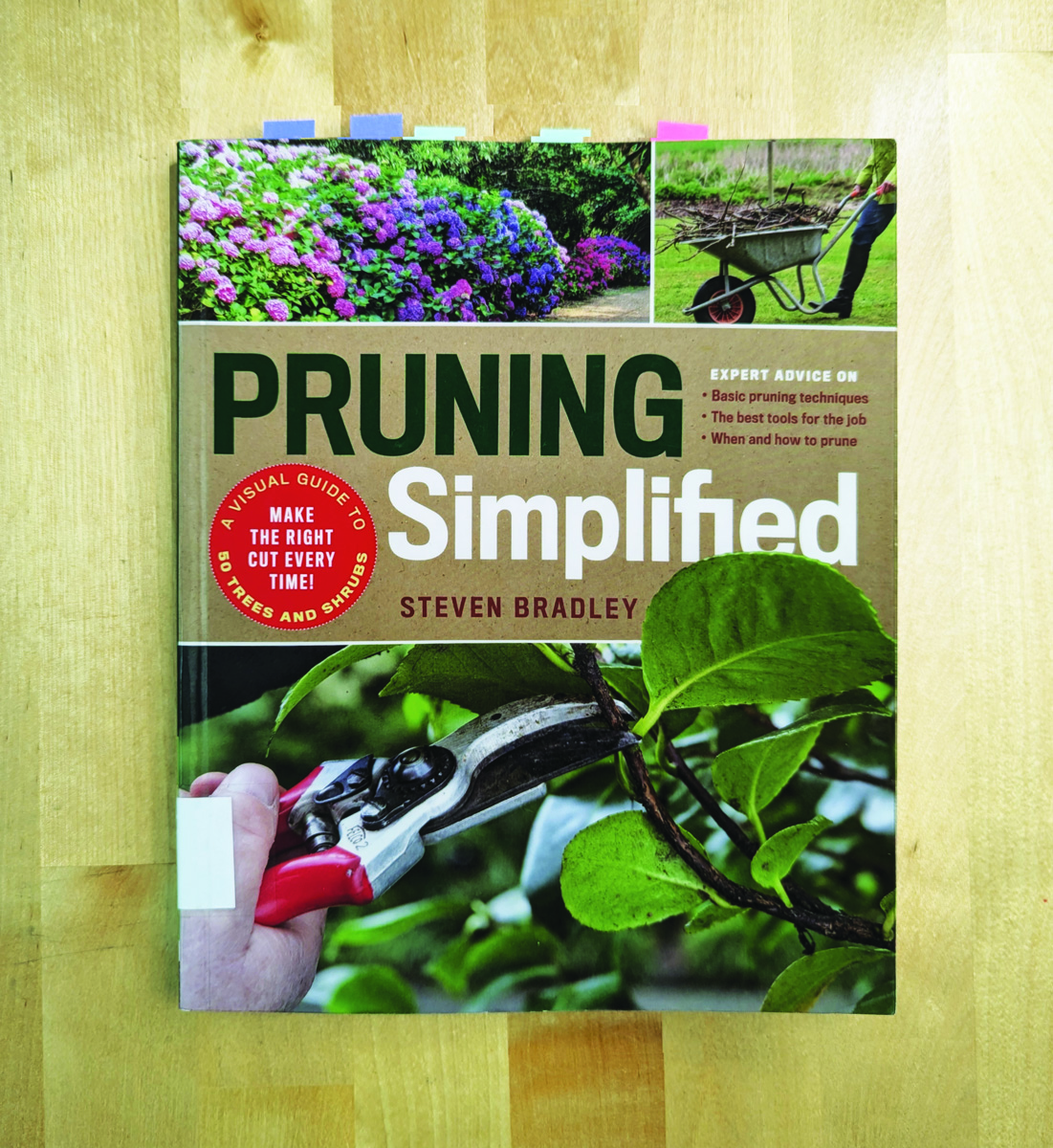
Pruning Simplified: A Step-by-Step Guide to 50 Popular Trees and Shrubs
Fine Gardening receives a commission for items purchased through links on this site, including Amazon Associates and other affiliate advertising programs.
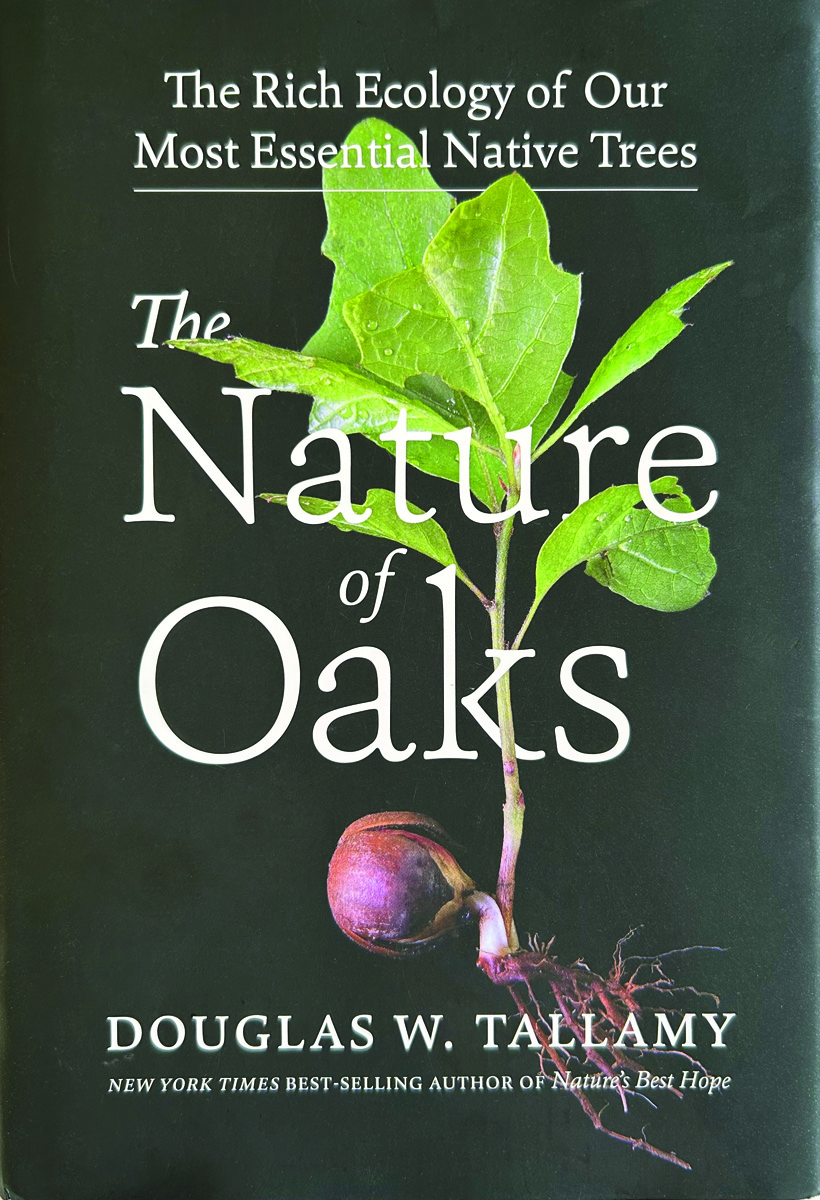
The Nature of Oaks: The Rich Ecology of Our Most Essential Native Trees
Fine Gardening receives a commission for items purchased through links on this site, including Amazon Associates and other affiliate advertising programs.
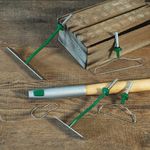
Johnny’s Selected Seeds Connecta® Cultivation Kit
Fine Gardening receives a commission for items purchased through links on this site, including Amazon Associates and other affiliate advertising programs.

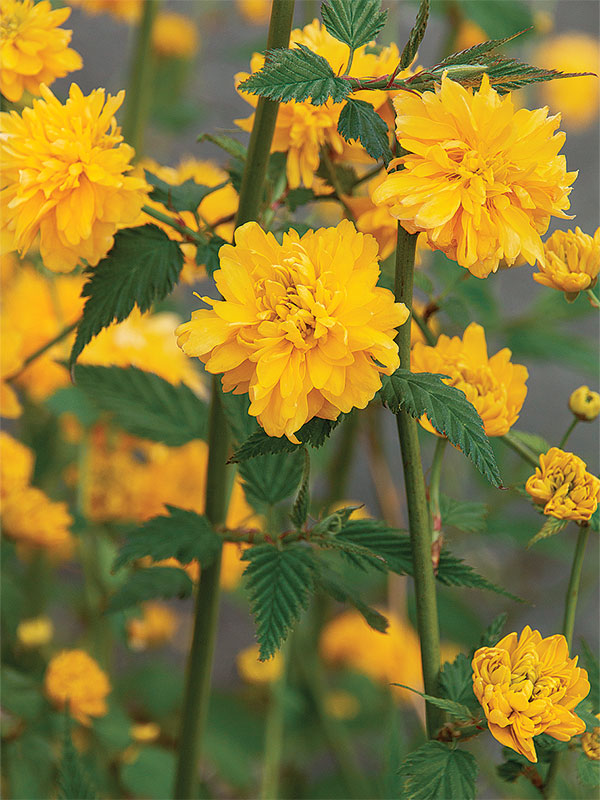
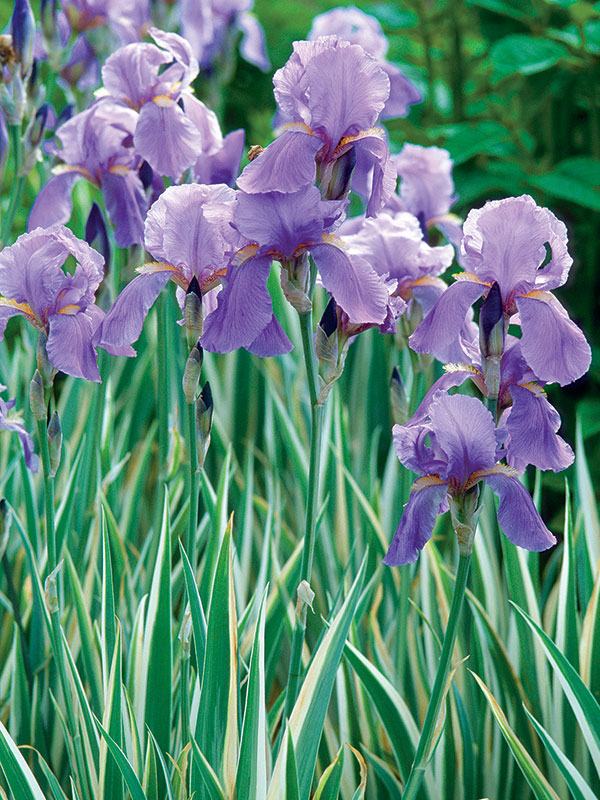
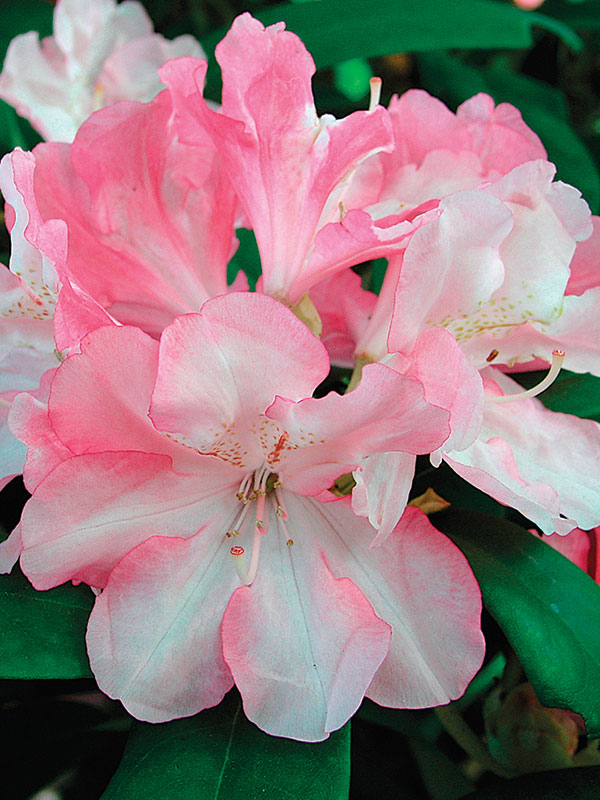
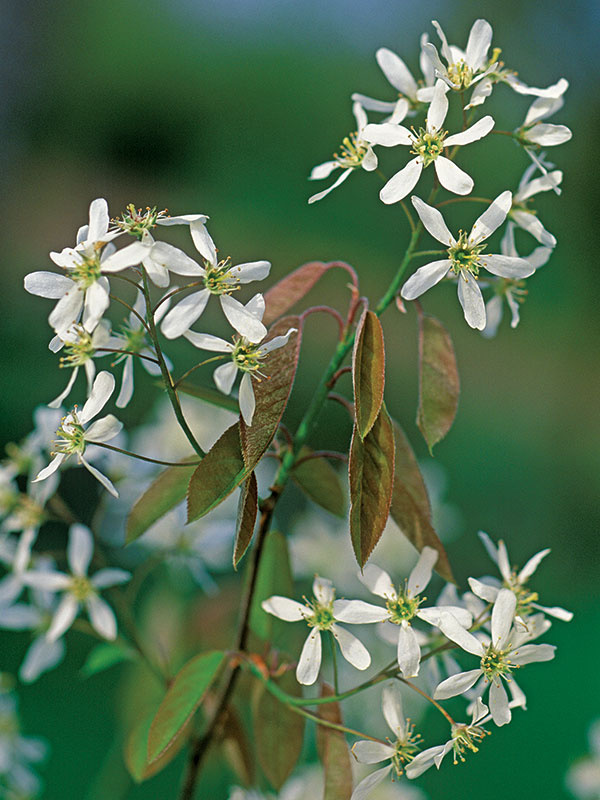
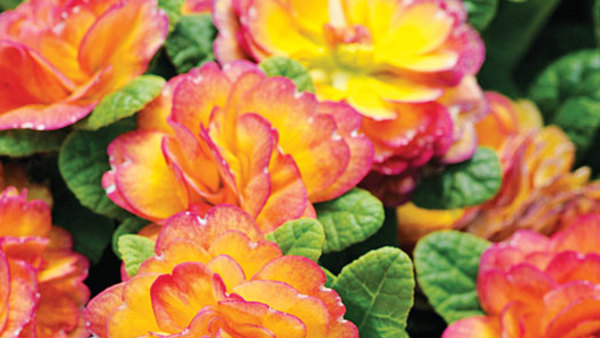

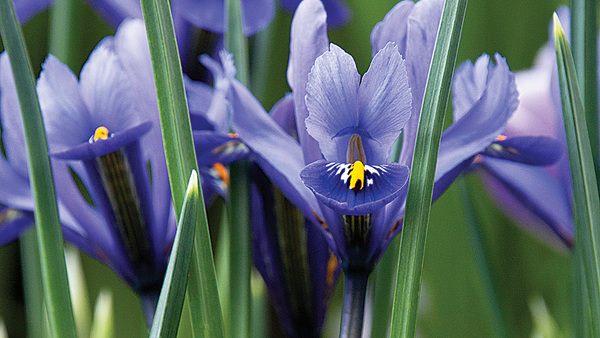

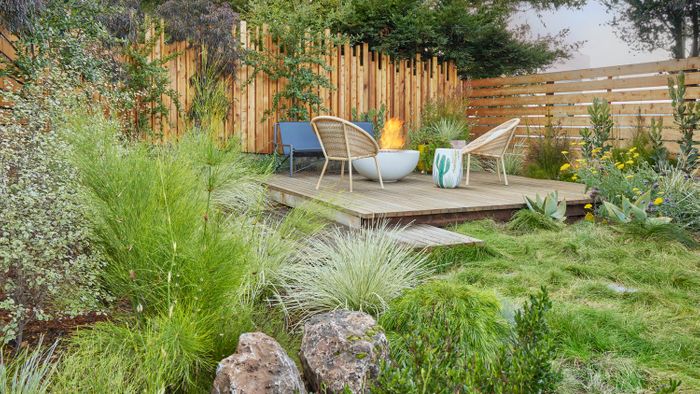
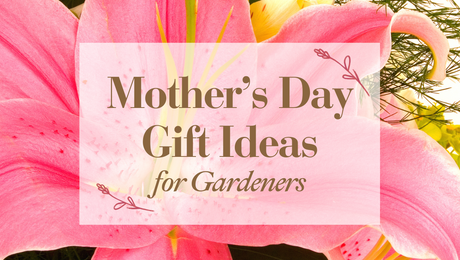
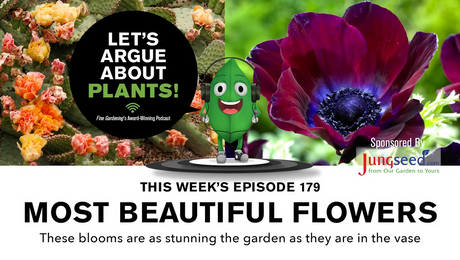










Comments
The leaves are blooming, the flowers are blossoming and the days are getting longer. It is definitely time for that fresh spring coat to come out of your closet and be worn again and check https://samploon.com/free-essays/the-tell-tale-heart/ site for free eassy task. But choosing a new color can be difficult- you want something bright and lively, but not too crazy.
Log in or create an account to post a comment.
Sign up Log in